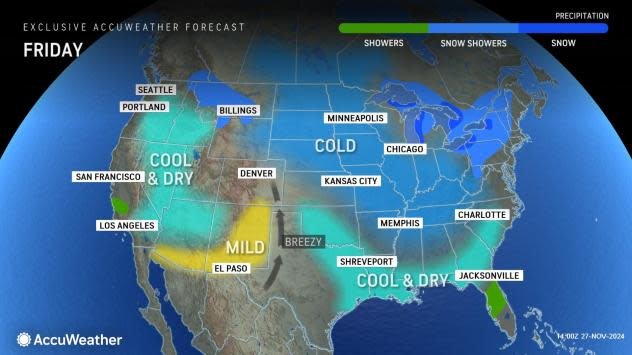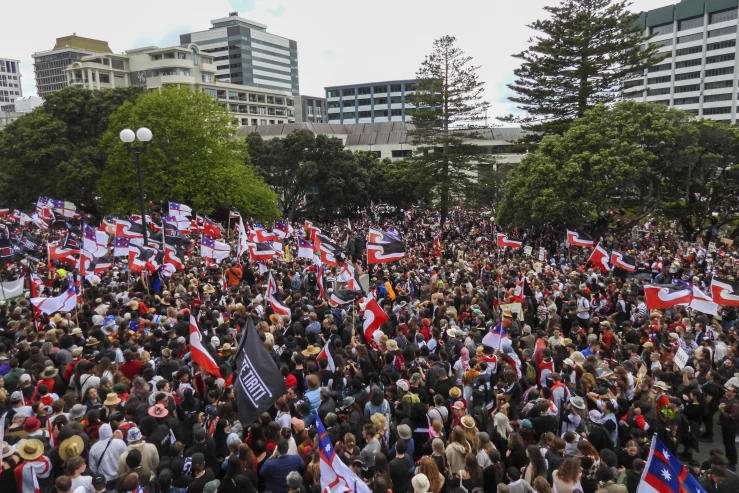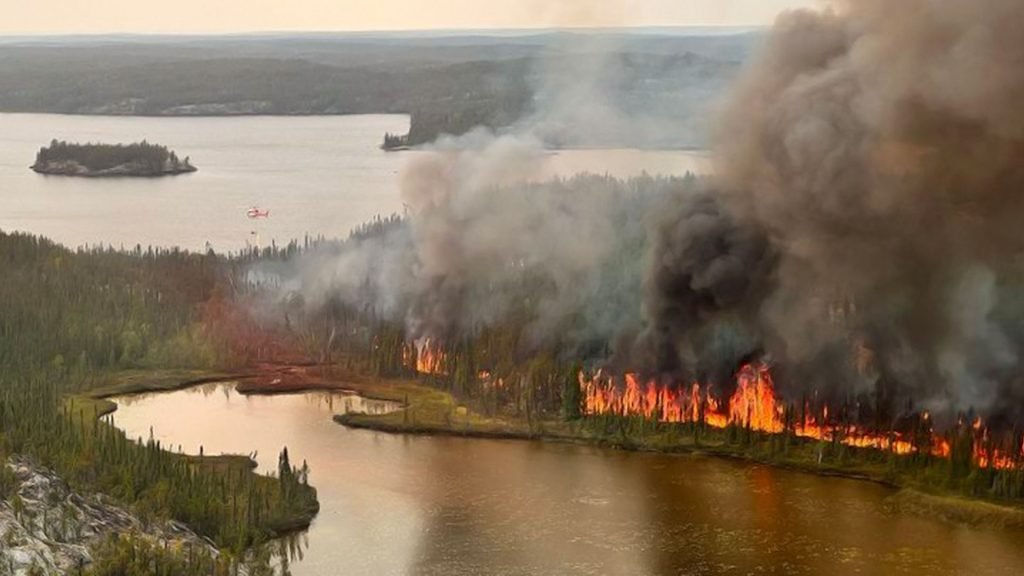
Climate Action Needed Now: UN Report Warns of 1.8°C Warming Path, with Only Small Gains from Current Promises
Climate action of the world is set to record a 1.8 degrees Celsius global warming, a new United Nations report warned on Thursday, morning of Friday AEDT. According to the report, if countries were to implement the remaining climate pledges made by them fully, it would cut that projected increase in half a degree Celsius. Even the best of this effort would be woefully inadequate to really fight climatic change.
Climate action’s report makes clear that curbing global warming offers the best way to avoid the worst effects of climate change, including extreme heat waves, devastating wildfires, massive storms, and droughts that last months. Yet this possibility means a gauge of achievement is insufficient to keep the planet within safer temperature thresholds.
Except the most optimistic scenario considered, which assumes draconic cuts in fossil fuel use, in virtually all scenarios considered, there is “virtually zero” chance that the amount of warming will be limited to that internationally agreed target. The United Nations Environment Programme’s annual Emissions Gap Report shows an urgent need for stepped-up action on climate and stepped-up commitment to ensure a sustainable future.
This dire warning speaks of how soon time is left for the world to avoid most of the ill effects of a hot planet in rapid warming. Only through swift and significant efforts can the world now attempt to avoid the dangers from climate change.
READ MORE: Population milestone for Australia’s fastest-growing state
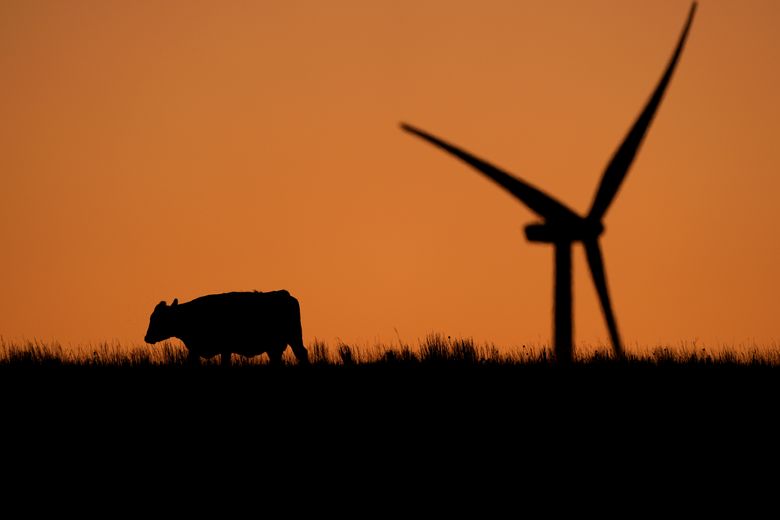
It calls for a limit on human-induced global warming to 1.5 degrees Celsius above pre-industrial levels, enough to ward off the worst impacts of climate change. Yet a report released by the United Nations says the Earth has in fact warmed by 1.3 degrees Celsius since the mid-1800s-a higher increase than had been previously estimated at 1.1 or 1.2 degrees. This adjustment reflects the record-breaking heat experienced last year, thereby indicating a faster pace of warming than previously understood.
Current projections point to a temperature increase that will reach the maximum limit set by the Paris Agreement safe side at 3.1 degrees Celsius above pre-industrial times. This would also have a worse impact on the world’s ecosystems and human societies, largely because it would increase more frequent severe weather conditions like heat waves, floods, and droughts.
Still, there’s a chance to limit this warming. The report says that if all those pledges countries submitted to the UN were ever implemented, then the rise could be slowed down to 2.6 degrees Celsius. It’s even slightly better than the trend currently underway and certainly far from the 1.5 degrees scientists say is needed to avoid devastating climate-related disruptions.
The report stresses that time is running out for decisive action. It calls for prompt action in increasing climate commitments and actions to bridge the gap between what’s currently being done and what needs to be undertaken-the critical goal of 1.5 degrees. “If nothing changes, the window of opportunity to prevent the most dangerous impacts of climate change will pass quickly.”
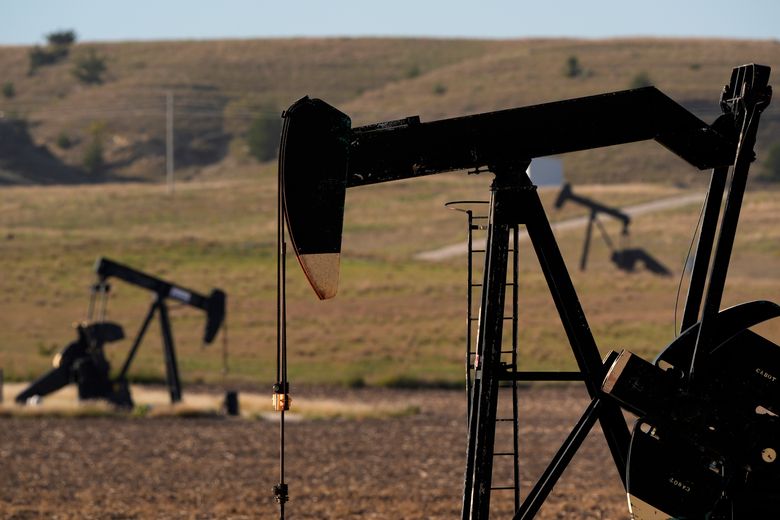
Climate action needs a massive boost to be able to avoid further global warming. In fact, even the most sanguine scenario described in a new United Nations report suggests that the world will more likely warm up by 1.9 degrees Celsius above pre-industrial levels and not 1.5 as hoped for. This forecast puts a stress on the urgency needed for immediate action in combating climate change.
“The bottom line is that action now and here before 2030 is crucial if we are to cool the earth, and the urgency depends on whether we are not going to kill 1.5 dead, noted Anne Olhoff, the lead author of the report and chief climate advisor of the UNEP Copenhagen Climate Centre. She underscores the urgency of the challenge when she said that “it’s now or never, really, if we want to keep 1.5 alive.”
Without swift and dramatic emission cuts on a scale and pace never seen before, the 1.5-degree Celsius goal will soon be dead, she warned. And the less stringent Paris target of staying well below 2 degrees Celsius will find itself in the intensive care unit,” added UNEP Director Inger Andersen.
Olhoff added a sobering timeline to the urgency. She indicates that there will forever be a lost chance to meet the 1.5-degree goal with drastic measures other than being taken before 2029. The report paints a clear picture of this reality: unless large-scale climate action takes place now, the world will lose its final chance at keeping global warming at safe levels, leading to worse and irreversible impacts of climate change.
This analysis by the world’s top climate experts underscores the urgent necessity for aggressive, timely action to change the trajectory on which things stand. With the window of opportunity for meaningful climate intervention closing fast, the world stands at a critical juncture in the battle it wages toward a more stable future.
Climate Action Must Accelerate to Avoid a Lost Decade
Climate action must speed up because slow progress is the same thing as failure when it comes to tackling climate change. “Winning slowly is the same as losing,” says Neil Grant, author from Climate Analytics. “And so I think we are at risk of a lost decade.”
What is probably the main challenge is this: So large is the gap between promises and action that among nations, while most have promised climate action, their current policy, according to the report authors, is not up to the promise of fulfilling their commitment under the Paris Agreement. This gap puts the process at risk of not getting what is needed to really address the climate crisis.
The report indicated that 20 of the richest countries in the world account for 77 percent of the carbon emissions worldwide. For their immense burden, most of these countries are not performing well against their climate promises. Only 11 of the 20 countries are acting on their individual targets and emitting fewer emissions.
Climate action
The report indicates that achieving critical deep emission cuts that limit warming to 1.5-degree Celsius is technically and economically feasible, but at the same time, it emphasizes the point that the reductions proposed or implemented are not being done enough. The right actions for meeting climate goals are said to be possible; however, the time is running out to put such plans into practice.
Climate action is falling perilously short, and governments are “sleepwalking towards climate chaos,” according to Bill Hare, a climate scientist and CEO of Climate Analytics, in a note to this latest report. He wasn’t directly involved in the study but rather emphasized the lagging urgency of world leaders in the fight against the climate crisis.
We’re not making progress, and we are now on a 3.1-degree path, which, with near-zero probability, is a path to disaster. Johan Rockström is a director at the Potsdam Institute for Climate Impact Research.
The projections for global warming in the report are a tenth of a degree Celsius higher than last year’s projections for both the 3.1-degree and 2.6-degree scenarios. And once more, according to experts, it goes within the margin of uncertainty, yet the trend is clear: the world is running out of time to course-correct.
Urgency Already overdue, in the opinion of MIT’s John Sterman, who models various climate scenarios based on emissions and policy commitments. “The real issue is that there’s one year less time to cut emissions and avoid climate catastrophe,” he stressed. The report underscores critical need for immediate and decisive action in shifting from this dismal trajectory and making the right turn before it becomes too late.
Climate action is important as the stakes continue to increase in the fight against global warming. “Catastrophe is a strong word, and I don’t use it lightly,” warned a climate scientist, referring to the latest findings from the Intergovernmental Panel on Climate Change. The report indicates that a 3-degree increase in temperatures would unleash severe and irreversible damage to our planet.
The report focuses on the concept that’s called the emissions gap, actually pointing out the difference between what exists already in terms of emissions and what’s really needed to keep warming below 1.5, 1.8, or 2 degrees Celsius above pre industrial times. Through very careful calculations, it lays out a budget of exactly how many billions of tonnes of greenhouse gases—carbon dioxide and methane mainly—can be emitted while keeping within those temperature limits.
For example, the report calls for drastic yearly cuts in emissions by 2030 to keep these key threshold temperatures within bounds. It reinforces that we do need urgent, comprehensive climate action and fast and deep cuts in emissions – not because we will benefit by having them, but because we will fail to keep our planet safe without them.
Climate Action Required to Slash Emissions and Limit Global Warming
The world needs to act fast to contain the rises in global temperatures and take them under safer limits. According to the report No More Hot Air. Please!, a two-degree Celsius increase will be adding 28 percent to greenhouse gas emissions. Greenhouse gas emissions, however, will require an overall reduction of 42 percent if the target is set at 1.5 degree Celsius.
In 2023, the rate of emission around the world rose to an incredible 57.1 billion metric tonnes of green house gas. That is equivalent to 1,810 metric tonnes each minute-this would mean every second, we are emitting such an amount that threatens our climate stability.
“There is a direct link between increasing emissions and increasingly frequent and intense climate disasters,” said United Nations Secretary-General Antonio Guterres in a video message accompanying the report. “We’re running out of time,” he emphasized, “because we’re playing with fire, but there can be no more playing for time. We’re out of time.”
The word is loud and clear: decisive action on climate must be taken if the complete impacts of climate change are to be avoided, and now is the time for instantaneous measures with great effect to cut emissions and create a secure future for generations to come.
For more visit Weather at Global hub


